Search
Did you mean: Epona?
Search Results
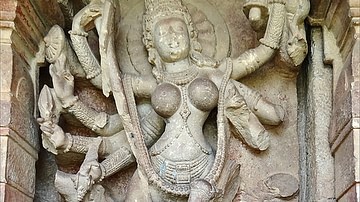
Definition
Devi
Devi, also known as Mahadevi or 'Great Goddess', is an all-embracing Mother Goddess first worshipped in India in Prehistoric times. In the Vedic period, she was assimilated into the Hindu pantheon and so came to represent the female energy...

Definition
Celtic Warfare
The Celts were a linguistic group which spanned across a wide geographic area and included numerous cultures and ethnicities. Because of this fact, the traditions, practices, and lifestyles of Celtic-speaking peoples varied considerably...

Definition
Creole Mutiny - The Most Successful Slave Revolt in US History
The Creole Mutiny/Creole Rebellion (1841) was an insurrection aboard the brig Creole on 7 November 1841 during which 19 enslaved men (of the 135 men, women, and children held as slaves on board), led by Madison Washington, took the ship by...

Definition
Viriathus
Viriathus (c. 180-140 BCE) was the leader of the Lusitani in their war with Rome. In 150 Viriathus escaped the Roman massacre and enslavement of Lusitani who had surrendered peacefully. Viriathus continued to fight in the resistance and rose...
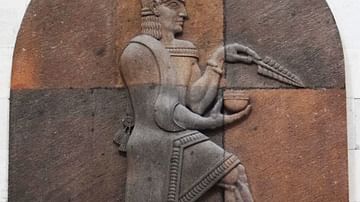
Definition
Urartu Religion
The religion of the Urartu civilization, which flourished principally in ancient Armenia from the 9th to 6th century BCE, was a unique mix of indigenous, Hurrian and Mesopotamian gods and symbolism. The pantheon was headed by the trinity...
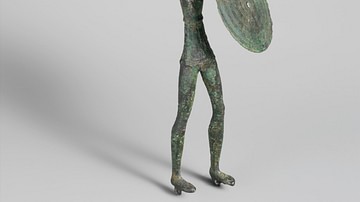
Definition
Etruscan Warfare
The Etruscan civilization, which flourished in central Italy from the 8th to 3rd century BCE, gained a reputation in antiquity for being party-loving pushovers when it came to warfare, but the reality is somewhat different. History being...

Article
Leisure in an English Medieval Castle
Thanks to their favoured position in life and the labour of the peasants on their estates, nobles in an English medieval castle had plenty of leisure hours which could be frittered away by eating, drinking, dancing, playing games like chess...
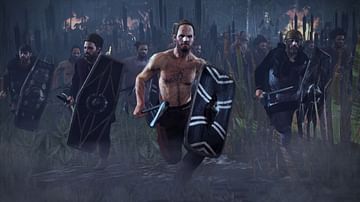
Article
The Battle at the Allia River, 390 BCE
The 390 BCE battle at the Allia River was fought between the city state of Rome and Gauls from northern Italy. When the Gauls laid siege to the Etruscan city of Clusium, the Romans intervened on behalf of the latter. The Gauls withdrew but...
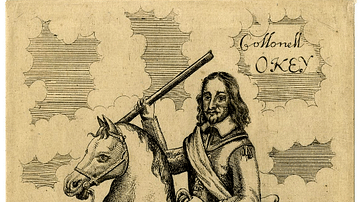
Article
Dragoons in the English Civil Wars
Dragoons were hybrid cavalry-infantry troops during the English Civil Wars (1642-1651). They usually dismounted before fighting and were used primarily as support troops. Dragoons were frequently tasked with capturing and holding strategically...

Definition
Bantu Migration
The Bantu migration from their origins in southern West Africa saw a gradual population movement sweep through the central, eastern, and southern parts of the continent starting in the mid-2nd millennium BCE and finally ending before 1500...